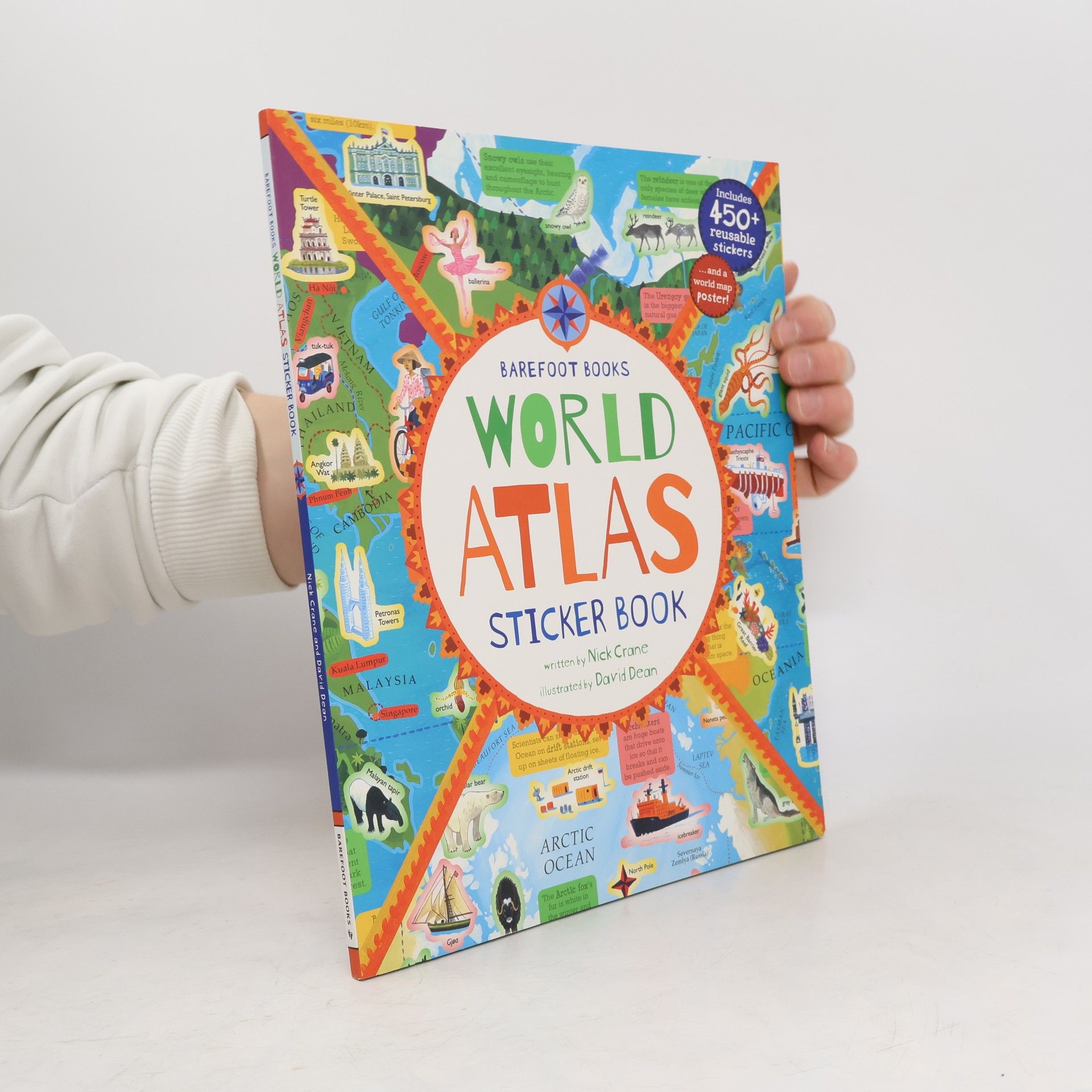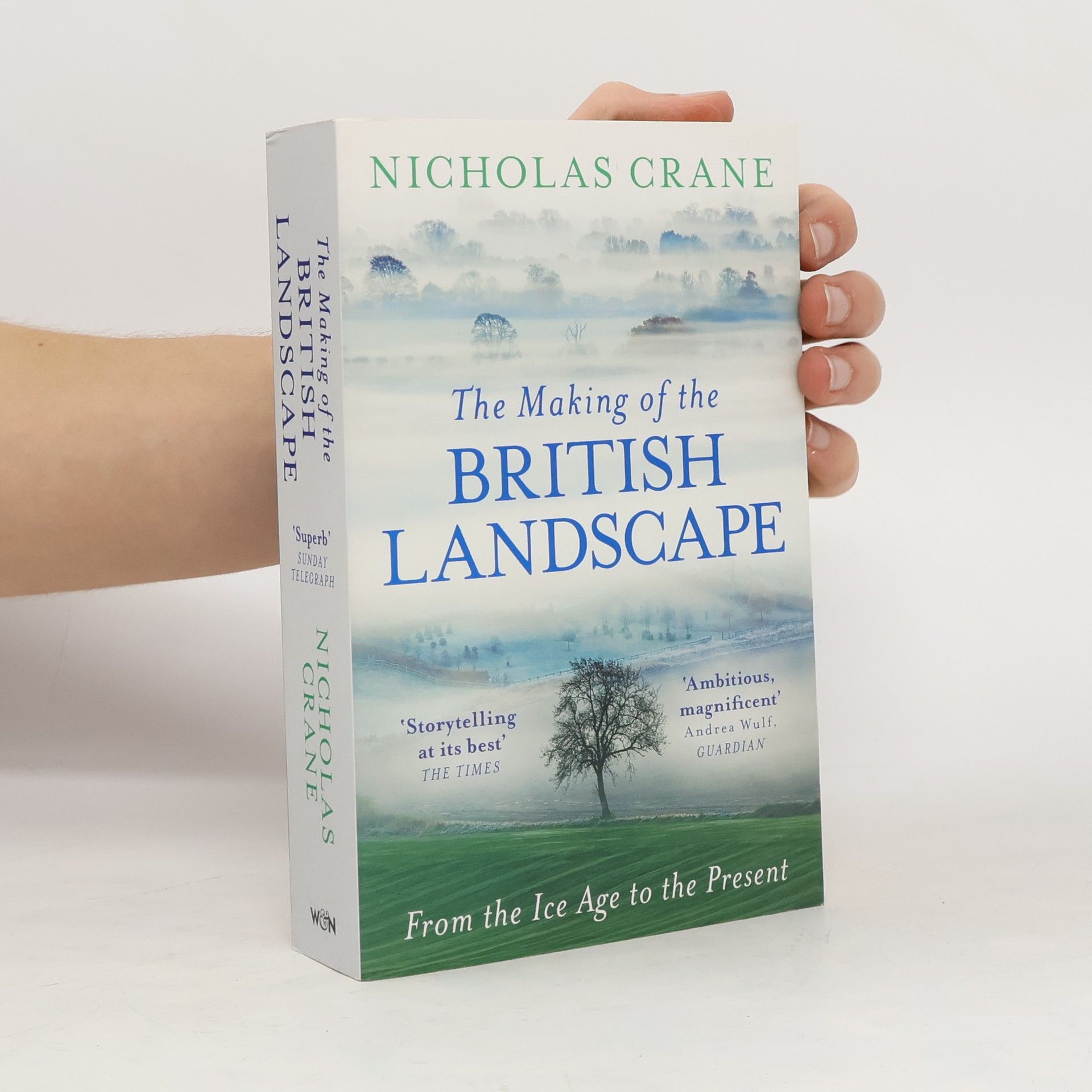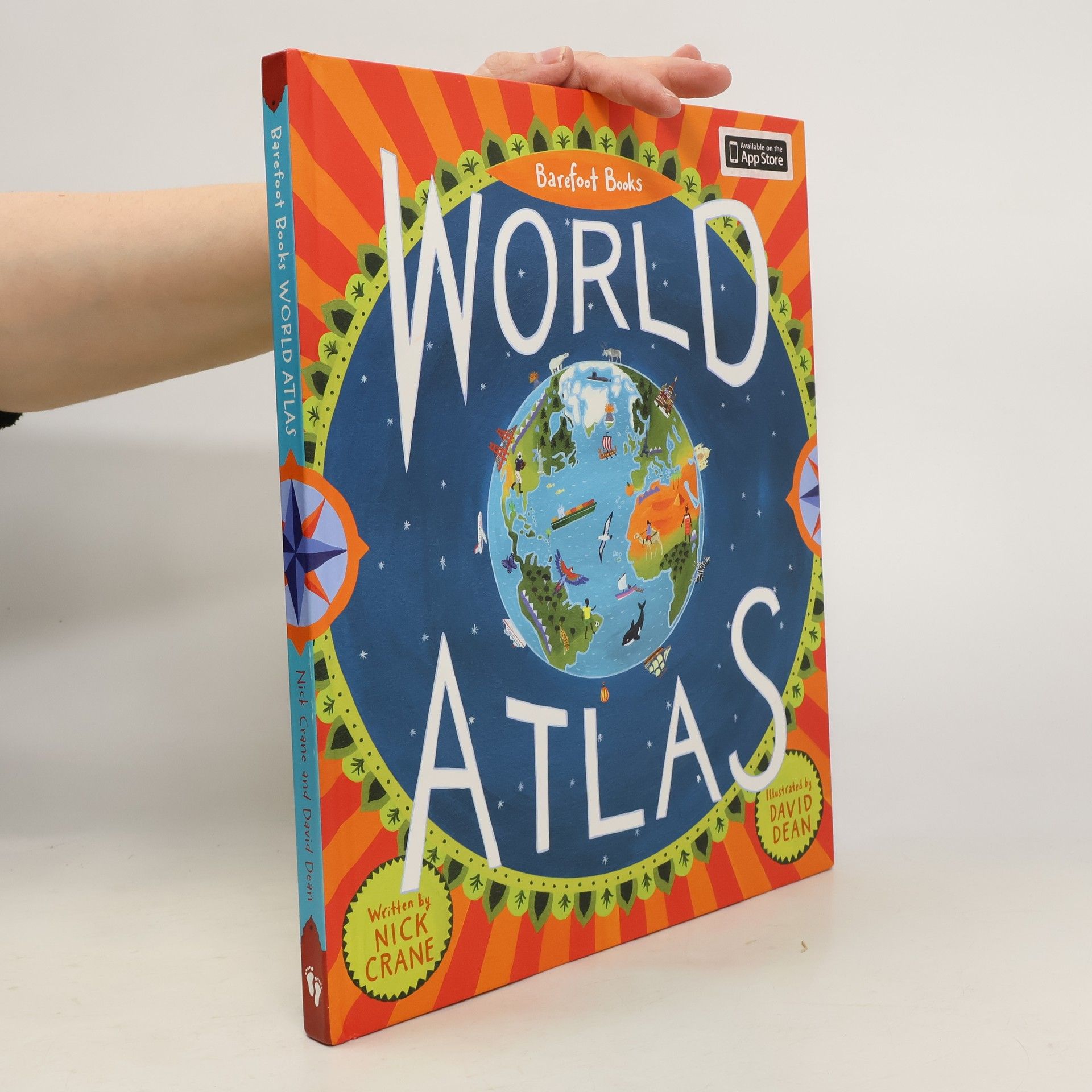Breitengrad
Die wahre Geschichte der Abenteurer, die unsere Welt formten
Nicholas Crane is an English geographer, explorer, writer, and broadcaster whose works often draw from his passion for discovery and travel. His writing focuses on geography, history, and culture, weaving personal experiences with a deep understanding of the world around him. Crane's books and television programs are distinguished by their engaging narratives and ability to bring the beauty and complexity of the world to readers and viewers.







Die wahre Geschichte der Abenteurer, die unsere Welt formten
Told for the very first time, this is the story of the adventure that shaped the world - PRE-ORDER NOW. By knowing the shape of our earth we can create maps, survive the oceans, follow rivers, navigate the skies, and travel across the globe. This is the story of our world, of how we discovered what no one thought possible - the shape of the earth. A thrilling and page-turning account of the first major expedition by data gatherers and qualified observers to interior Peru, to discover the shape and magnitude of the earth. Until humanity discovered this it would be impossible to produce accurate maps and sea charts, without which thousands of lives would be lost, and exact locations of cities, roads and rivers would never be known. This fascinating and dramatic story weaves scientific rigour, egos, funding crises and betrayal with sea voyages, jungles and volcanoes.
One word binds us all: geography. We are all geographers, human beings who care about the places we think of as 'home' - our habitat. And yet we have lost touch with the connection between our actions and the state of the planet that we all share. We need a new narrative that restores the connections between humanity and the Earth. We are being confronted by a daily barrage of geographical stories on climate change, geopolitics, population growth, migration, dwindling resources, polluted oceans and natural hazards. These are planetary concerns affecting all people and all places. They are challenges which can be addressed through geography. In this short but powerful book, Nicholas Crane makes the compelling case that never has geography been so important. On this finite orb, with its battered habitat, sustained in dark space by a thin, life-giving atmosphere, we have reached a point in our collective geographical journey where knowledge is the best guarantor of the future. [NOTE: published in hardback as YOU ARE HERE]
Includes 450+ Reusable Stickers and a World Map Poster!
The 400+ reusable stickers in this over sized, 32-page collection guide children on a fact-packed journey around the world, teaching them about each region's people, plants, animals and landmarks. This engaging companion to the celebrated Barefoot Books World Atlas includes a labeled, pull-out world map poster by award-winning artist David Dean.
The history of 12,000 years of the British landscape, from the Ice Age to the twenty-first century, by prizewinning author Nicholas Crane, co-presenter of COAST.
This atlas is packed with information about the way in which communities and cultures across the world have been shaped by their local environments and it looks at the ideas and initiatives which are shaping the future.
Sám – i když se teprve nedávno oženil – a s odhodláním zdolat cestu jen po svých se Nicholas Crane pouští do neobyčejného dobrodružství: sedmnáct měsíců dlouhou pouť přes pásma hor, která se táhnou Evropou od španělského mysu Finisterre až do tureckého Istanbulu. S deštníkem, který mu jako jediný dělal společnost, zdolal Pyreneje a ve stopách Roberta Louise Stevensona přešel Ceveny. V zimě vystoupil na Mont Blanc, překonal Alpy a putoval dál přes zalesněné Karpaty a balkánská pohoří, potýkal se s bouřkami i suchem, zápolil se sto let starými mapami. Na své dlouhé pouti, při níž odhaluje i některé temnější odkazy evropských dějin, se setkal s mnoha barvitým postavami, k nimž patřili ovčáci, výrobci sýra, jeden značně nespolečenský medvěd hnědý a prostitutka, která se nenechala jen tak snadno odbýt. Toto klasické vyprávění je strhujícím příběhem o houževnaté vytrvalosti a oslavou lidí i oblastí existujících na samém okraji moderního světa.
The Man who Mapped the Planet
Explores the life of Gerhard Mercator, who created the map and solved the dimensional riddle that plagued cosmographers for years, revealing a man who attended one of Europe's top universities but was persecuted by the Inquisition.
What is England and who are the English? There is a line from one end of England to the other. This is the line of longitude - 2 degrees west - and it describes a cross-section through the country. The author follows this line as closely as physically possible on foot - terrain ranging from open moorland to urban back-streets. The line begins at Berwick-on-Tweed on the border with Scotland and runs south through the wilds of Northumberland and includes the Yorkshire Dales, Pennines, Birmingham suburbs, Cotswolds, Salisbury Plain, Dorset and Isle of Purbeck.